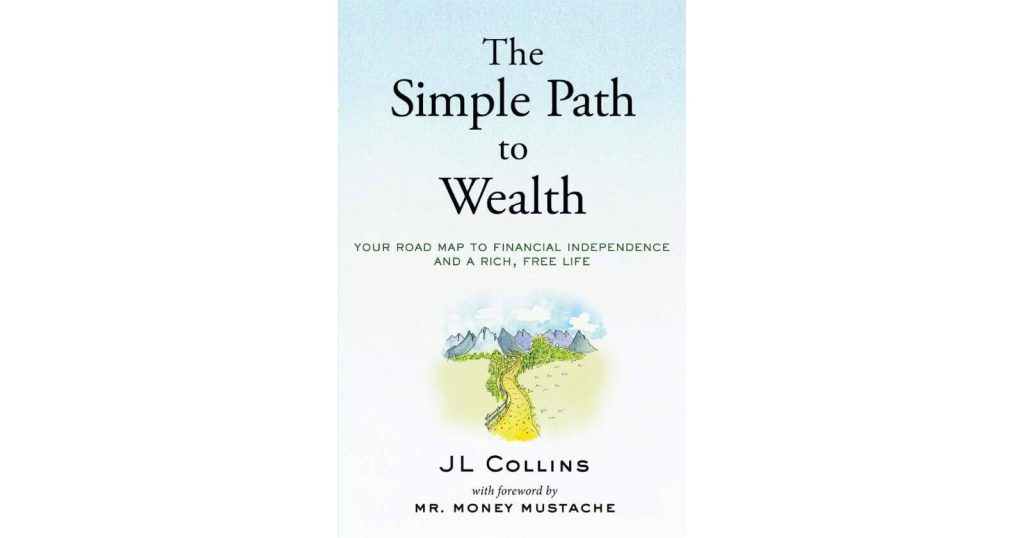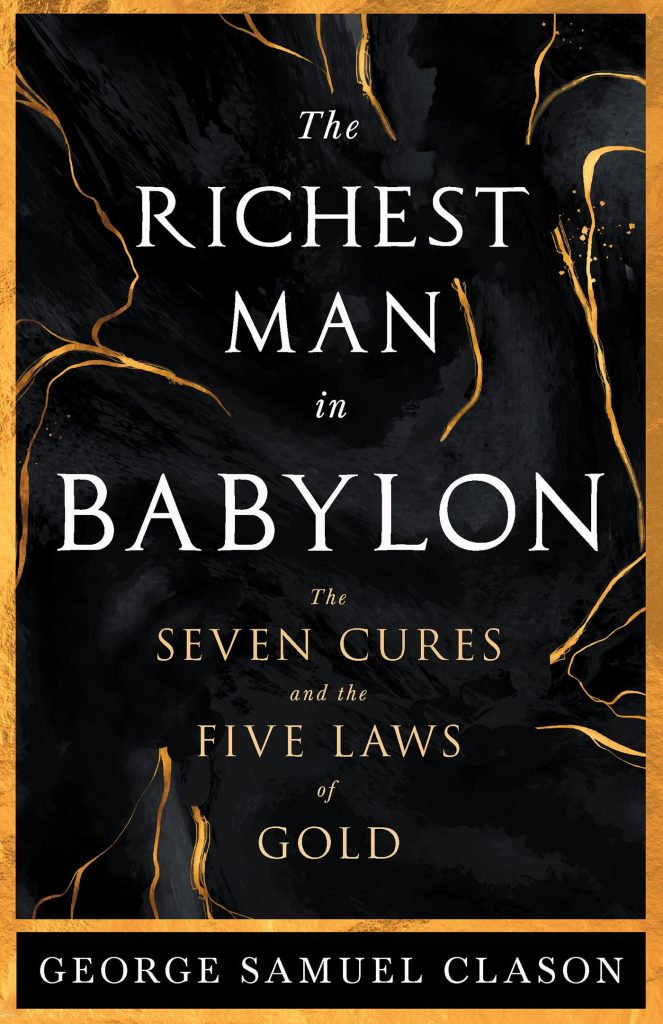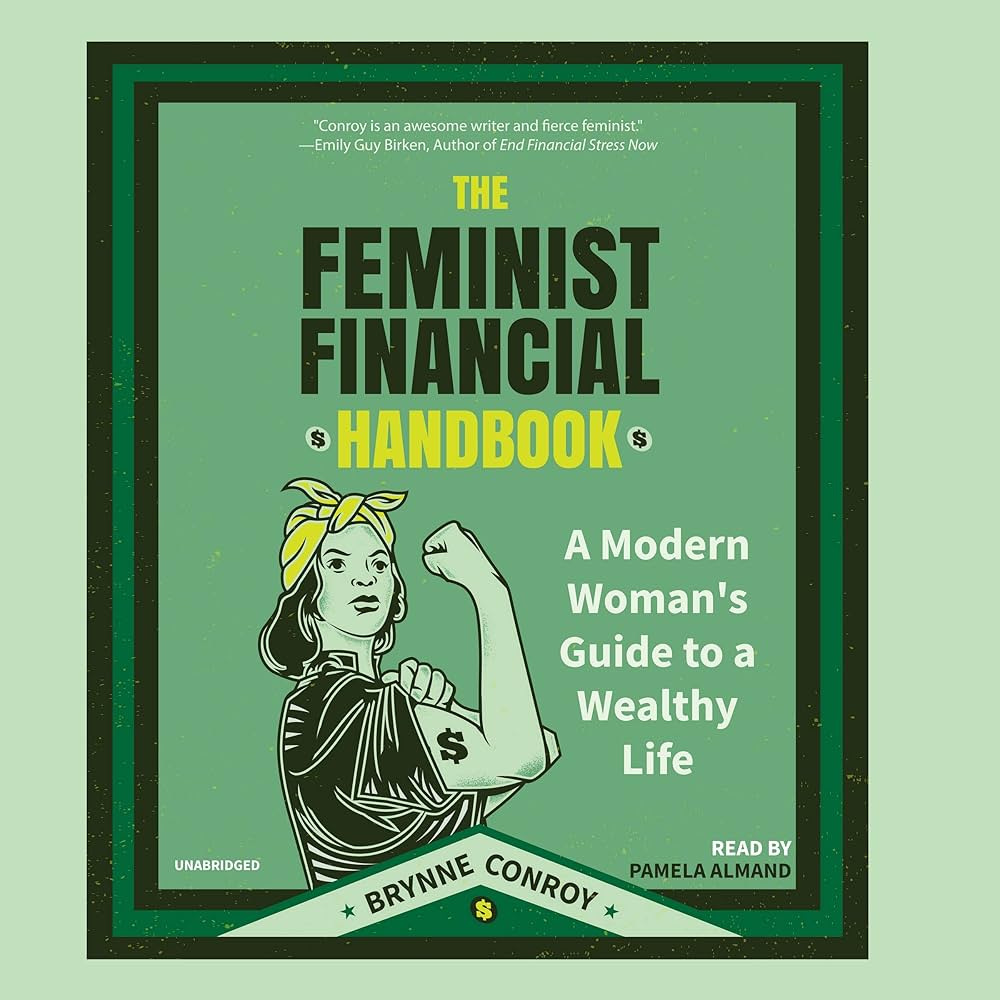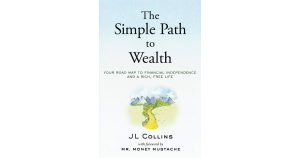If you’re looking to master personal finance and achieve financial independence, the best place to start is by educating yourself. There’s no better resource than reading some of the best finance books for beginners. These books contain the fundamental concepts of managing money, making sound financial decisions, and building long-term wealth.
With thousands of finance books available today, finding the right ones can be overwhelming. This guide narrows down the list to the top finance books that are especially suited for beginners. Whether you’re interested in practical financial advice, investing in the stock market, or setting a roadmap for financial freedom, these books will provide you with an easy-to-follow path to wealth.
I Will Teach You to Be Rich by Ramit Sethi
Ramit Sethi’s book, I Will Teach You to Be Rich, offers a six-week program for achieving financial independence. Aimed at individuals between the ages of 20 and 35, this personal finance book uses simple language and guilt-free money philosophies to guide readers in making consistent investments, improving their credit score, and developing a money mindset that fosters wealth building.
Ramit’s approach emphasizes the importance of enjoying your financial journey without guilt, providing practical advice on budgeting, saving, and spending wisely. This book serves as a comprehensive guide for millennials who want to make financial decisions that lead to financial success, without sacrificing their lifestyle.
The Simple Path to Wealth by JL Collins

The Simple Path to Wealth is often recommended as one of the best finance books for beginners because of its straightforward advice. JL Collins provides actionable advice that cuts through the complexities of investing. The book is based on a series of letters that Collins wrote to his daughter, offering her financial guidance in a simple and practical manner.
Collins emphasizes investing in index funds as the cornerstone of a sound investment strategy. This book teaches fundamental principles, such as how to build an investment portfolio that leads to financial independence, as well as the value of having “F-you money” for achieving financial freedom. The blend of wealth-building strategies and straightforward advice makes this book a must-read for those starting their financial journey.
Rich Dad Poor Dad by Robert T. Kiyosaki
One of the most popular personal finance books of all time, Rich Dad Poor Dad shares valuable lessons that Robert Kiyosaki learned from his “rich dad” and “poor dad.” This book challenges traditional views about assets and liabilities and introduces concepts like cash flow, investing in assets, and building financial fitness through smart decisions.
The book encourages readers to think beyond their 9-to-5 jobs, invest in businesses, real estate, or other income-generating assets, and build wealth over time. Kiyosaki’s approach to money management makes Rich Dad Poor Dad a foundational book for beginners who want to shift their mindset and make financial moves that lead to financial freedom.
Broke Millennial by Erin Lowry
Erin Lowry’s Broke Millennial targets young adults and aims to help them transform their financial lives. It’s particularly useful for those who are just starting out in their career, providing easy-to-follow steps to understand the basics of budgeting, dealing with student loans, and improving financial health.
The book also explores the psychology of money and how it affects your relationship with money. Lowry uses real-life examples to help readers understand fundamental concepts, such as credit score, life insurance, and smart spending. For millennials who want to break through common obstacles and build a strong foundation for financial stability, Broke Millennial offers practical, relatable, and actionable advice.
The Wealthy Barber by David Chilton
David Chilton’s The Wealthy Barber provides an approachable guide to personal finance through storytelling. The book revolves around a fictional barber who shares financial wisdom with a group of friends, making complex financial concepts more digestible.
Chilton focuses on making smart decisions, such as saving a portion of your income, planning for retirement, and understanding basic principles of personal finance. He shows that even people with average incomes can achieve financial success by taking the right steps early on. The book’s conversational style and relatable scenarios make it an excellent read for those new to personal finance.
The Millionaire Next Door by Thomas J. Stanley and William D. Danko
The Millionaire Next Door provides insights into the habits and characteristics of America’s wealthy individuals. Stanley and Danko conducted research to uncover the common traits of millionaires and found that many wealthy people lead modest lives, focusing on financial planning and long-term strategies.
This book is a great choice for beginners who want to understand the fundamental principles that lead to financial stability. The authors offer practical advice on budgeting, saving, and investing that can help anyone build wealth over time, regardless of their income level. The emphasis on frugality, financial discipline, and making conscious spending decisions makes this book a classic in personal finance.
The Richest Man in Babylon by George S. Clason

Published almost a century ago, The Richest Man in Babylon remains one of the best finance books for beginners. Using Babylonian parables, George S. Clason teaches the timeless principles of wealth-building, such as saving at least 10% of your income, living below your means, and investing wisely.
The book’s parables are easy to understand and provide valuable money lessons on how to grow your wealth, achieve financial stability, and avoid common financial pitfalls. Clason’s straightforward advice is applicable even today, making it an ideal choice for those looking to improve their financial management skills.
The Intelligent Investor by Benjamin Graham
If you’re interested in investing in the stock market, Benjamin Graham’s The Intelligent Investor is a must-read. This book teaches the fundamental principles of investing and how to create an investment portfolio that leads to consistent, long-term success. Graham’s philosophy of value investing has inspired generations of investors, including Warren Buffett.
The book covers the basics of investing, such as understanding risk, evaluating stocks, and making informed decisions. While some concepts may require extra effort for beginners to understand, the valuable insights it provides into successful investing make it well worth the read.
Personal Finance for Dummies by Eric Tyson
Eric Tyson’s Personal Finance for Dummies offers an easy-to-follow guide for anyone looking to improve their financial life. The book covers a wide range of topics, including budgeting, saving, investing, and managing debt. Tyson’s practical advice and simple language make complex financial concepts accessible to beginners.
This personal finance book is packed with actionable advice on how to build emergency funds, deal with credit cards, and plan for retirement. Tyson’s down-to-earth approach makes it easy to understand the choices in health, credit, and investments that can improve your financial stability. For those who feel overwhelmed by financial management, Personal Finance for Dummies offers a solid foundation.
Your Money or Your Life by Vicki Robin and Joe Dominguez
Your Money or Your Life is more than just a personal finance book—it’s a guide to achieving financial freedom by changing your relationship with money. Vicki Robin and Joe Dominguez encourage readers to think about the correlation between their life energy and money, helping them make conscious spending decisions that align with their values.
The book offers a step-by-step program for tracking expenses, evaluating spending habits, and finding ways to live a fulfilling life without overspending. It’s an excellent read for those who want to redefine their financial goals and create a comprehensive plan for achieving financial independence.
The Total Money Makeover by Dave Ramsey
Dave Ramsey’s The Total Money Makeover is a great resource for anyone struggling with debt and looking to improve their financial health. The book outlines Ramsey’s “baby steps” approach to managing money, which includes building emergency funds, paying off debt, and investing for the future.
Ramsey’s practical advice and motivational style make it easy for beginners to follow his plan and take control of their finances. His emphasis on avoiding debt, saving aggressively, and making smart financial moves can help readers achieve financial success and stability.
The Little Book of Common Sense Investing by John C. Bogle
For those interested in the stock market, John C. Bogle’s The Little Book of Common Sense Investing is an essential read. Bogle, the founder of Vanguard, advocates for investing in low-cost index funds as the best way to build wealth over time. This book provides sound advice on how to create a sound investment strategy that minimizes costs and maximizes returns.
Bogle’s straightforward advice and emphasis on the long-term benefits of consistent investments make this book perfect for beginners who want to start investing without getting caught up in costly investing strategies. It’s a great introduction to the basics of investing and building a portfolio that leads to financial freedom.
Quit Like a Millionaire by Kristy Shen and Bryce Leung
Quit Like a Millionaire is an inspiring story of how Kristy Shen achieved financial independence from humble beginnings. The book provides practical advice on frugality, investing, and making smart financial decisions that lead to wealth. Shen emphasizes the importance of knowing when “enough is enough,” and prioritizing experiences over material possessions.
The book also covers the concept of geo-arbitrage—relocating to lower-cost areas to stretch your money further—as a strategy for achieving financial independence faster. With its blend of motivational stories and actionable advice, Quit Like a Millionaire is an excellent read for those seeking financial independence.
The Feminist Financial Handbook by Brynne Conroy

Brynne Conroy’s The Feminist Financial Handbook addresses the unique financial challenges faced by women and provides advice on overcoming these obstacles. The book explores the effects of systemic inequalities, such as sexism and racism, on personal finances, while offering actionable strategies for improving financial well-being.
Conroy’s empowering approach makes this book a great choice for women who want to take control of their finances and build a wealthy life. The book emphasizes the importance of creating a comprehensive plan that addresses both short-term and long-term financial goals.
Conclusion
Reading the best finance books for beginners is a great way to build a solid foundation for financial success. These books cover a wide range of topics, from budgeting and saving to investing and retirement planning. Whether you’re just starting out on your financial journey or looking to improve your financial management skills, the books listed above provide valuable insights and practical advice that can help you achieve financial freedom.
Take the time to learn from these accomplished finance authors and apply their advice to your financial life. With the right knowledge and a consistent approach, you can make smart financial decisions that lead to long-term wealth and financial stability.
ALSO READ:
FAQs
The Simple Path to Wealth by JL Collins and Rich Dad Poor Dad by Robert T. Kiyosaki are often recommended as some of the best finance books for beginners because they provide easy-to-understand advice on building wealth and making smart financial decisions.
Start by reading books like Broke Millennial by Erin Lowry or Personal Finance for Dummies by Eric Tyson. These books provide a solid introduction to budgeting, saving, and investing, making them great for beginners.
Investing helps grow your wealth over time by putting your money to work. Books like The Little Book of Common Sense Investing by John C. Bogle teach the basics of investing in index funds, which can lead to consistent, long-term success.
The Intelligent Investor by Benjamin Graham and The Little Book of Common Sense Investing by John C. Bogle are excellent books for beginners who want to learn about the stock market and develop a sound investment strategy.





